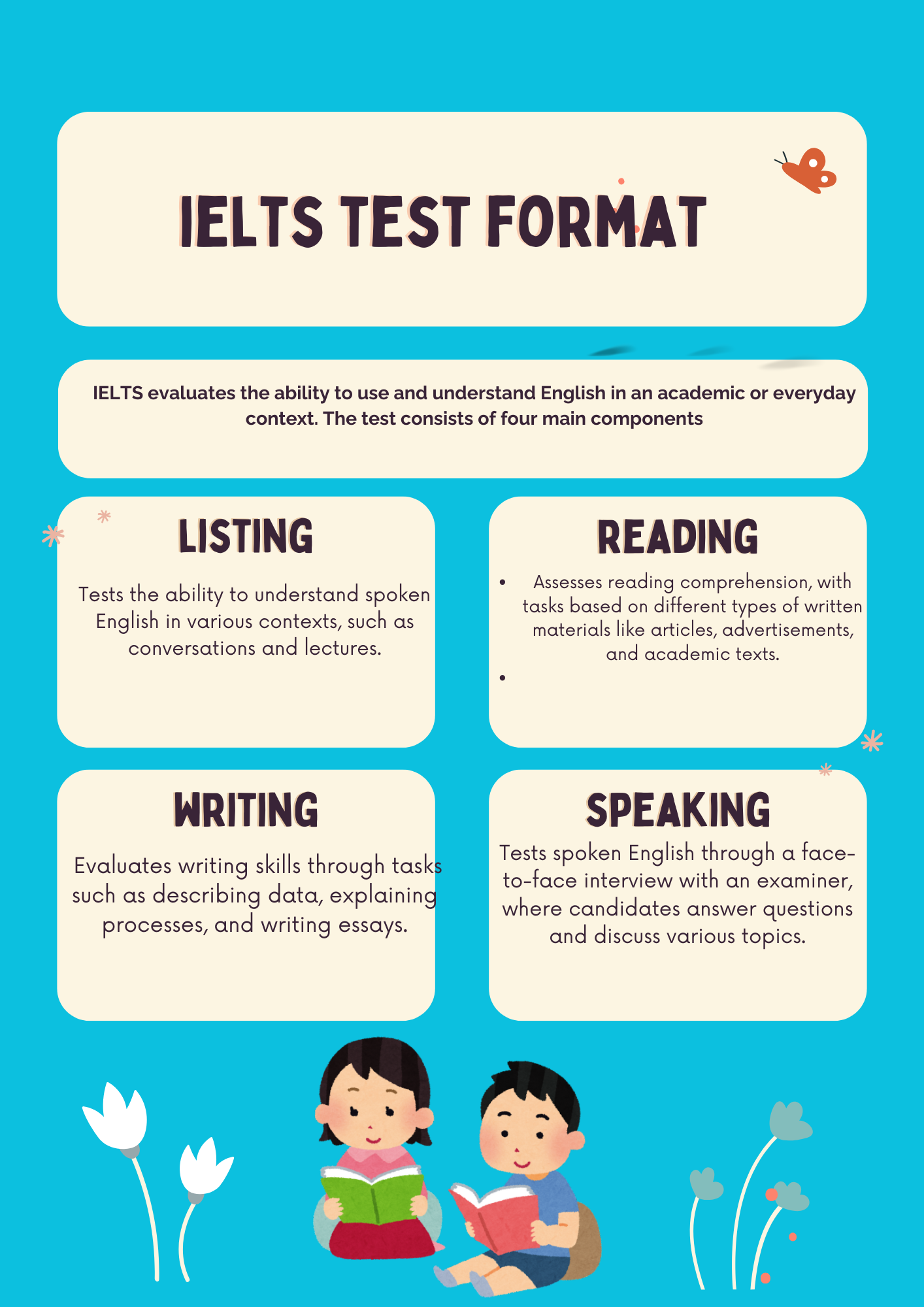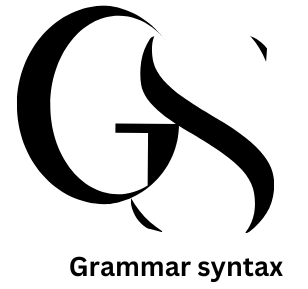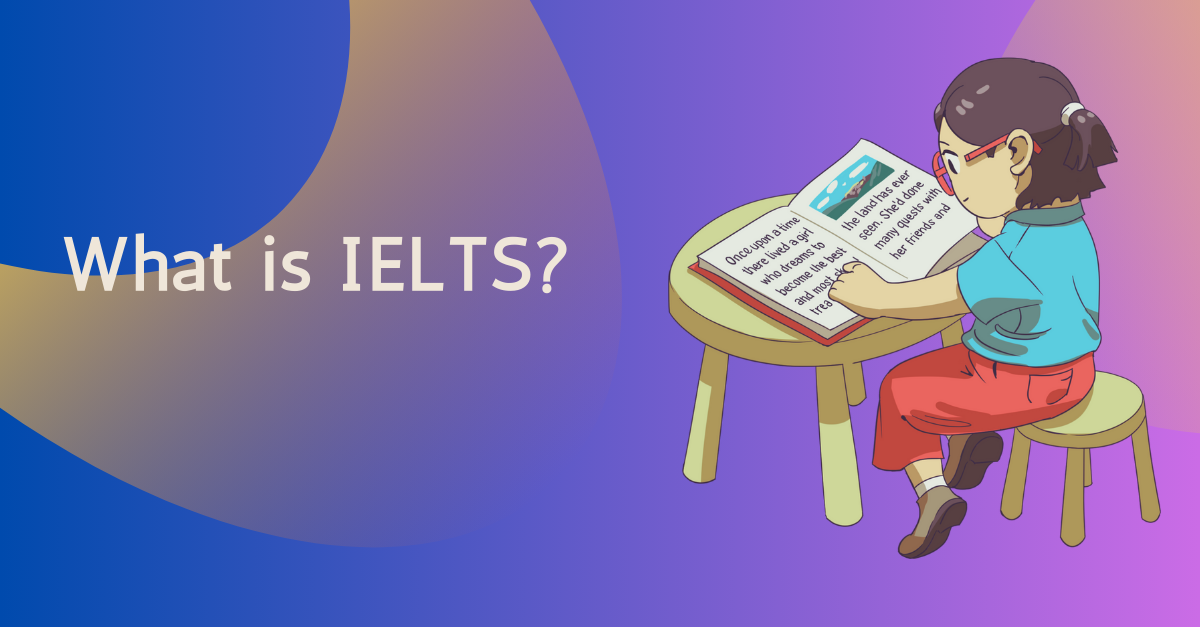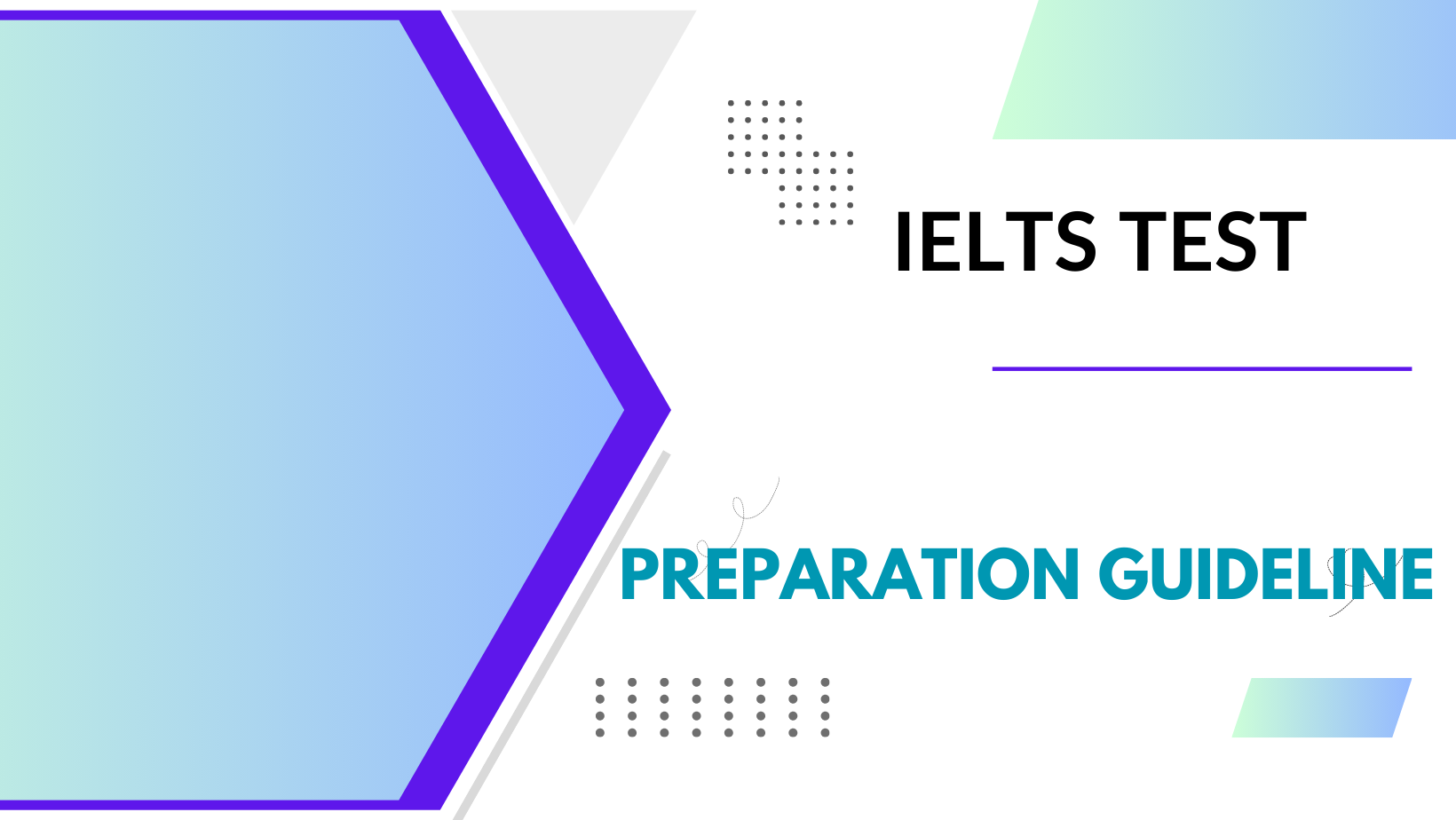What is IELTS?
IELTS, or the International English Language Testing System, is a standardized examination aimed at evaluating the English language skills of individuals whose first language is not English.
In this video speaker provide details about What is IELTS?
How does IELTS works:
The IELTS (International English Language Testing System) assesses your English language proficiency by evaluating four essential skills: Listening, Reading, Writing, and Speaking. This examination is broadly acknowledged by educational institutions, employers, and immigration agencies in countries where English is the primary language.
The IELTS examination is available in two distinct formats:
| Academic IELTS | General Training IELTS |
| Designed for individuals seeking admission to higher education institutions or professional accreditation in countries where English is the primary language. | Intended for candidates pursuing work experience, training opportunities, or migration to English-speaking nations. |
IELTS test format:
You have the choice to take your IELTS Academic or General Training examination either in a paper format or on a computer at an accredited test center. Furthermore, based on your geographical location, you may also have the option to participate in the IELTS Online.

IELTS Academic V/S General Training: Essential Information
Objective:
Academic: Designed for individuals seeking higher education and professional accreditation.
General Training: Intended for those pursuing migration, employment, or non-university educational opportunities.
Components:
Listening:
The same format applies to both versions (30 minutes plus 10 minutes for answer completion).
Reading:
Academic: Features longer passages with scholarly content.
General: Comprises shorter, more practical reading materials.
Writing:
Academic: Involves a descriptive graph or essay.
General: Requires a letter or essay on general subjects.
Speaking:
The format is identical for both versions (11-14 minutes interview).
Scoring:
Both versions utilize a 9-band scoring system, with scores ranging from 1 (non-user) to 9 (expert).
Duration:
The total duration of the test is approximately 2 hours and 45 minutes.
Validity:
Test results remain valid for a period of 2 years.
Accessibility:
The test is available in over 140 countries, with options for both paper-based and computer-based formats.
Preparation:
Academic: Emphasizes advanced language skills.
General: Focuses on everyday English and reading comprehension.
Conclusion:
The IELTS (International English Language Testing System) is a thorough and highly regarded assessment that enables individuals to demonstrate their proficiency in the English language for a range of objectives, including higher education, career advancement, immigration, or training purposes. It is crucial to comprehend the distinctions between IELTS Academic and General Training in order to select the appropriate version that aligns with your personal or professional aspirations. By engaging in effective preparation, becoming acquainted with the test structure, and practicing regularly, you can attain the score necessary to excel in your academic, professional, or immigration endeavors.
FAQ’s:
1. What is the difference between IELTS Academic and General Training?
- IELTS Academic is for those who want to study at a university or college or need professional registration in an English-speaking environment.
- IELTS General Training is for those who want to migrate to an English-speaking country, undertake non-university education, or work in an English-speaking job.
2. Which version of IELTS do I need?
- If you’re planning to pursue higher education or professional licensing, you need the Academic version.
- If you’re moving to another country for work, training, or immigration, you need the General Training version.
3. Are the Listening and Speaking sections the same for both versions?
- Yes, the Listening and Speaking sections are identical in both Academic and General Training.
4. What are the main differences in the Reading and Writing sections?
- Reading: Academic has longer and more complex texts, while General Training includes shorter, more practical texts.
- Writing: Academic requires describing charts/graphs and writing an academic essay, while General Training involves writing a letter and a general essay.
5. How long does the IELTS test take?
- The total test time is approximately 2 hours and 45 minutes, with Listening (30 mins), Reading (60 mins), Writing (60 mins), and Speaking (11–14 mins).
6. How is IELTS scored?
- IELTS uses a 9-band scale, where each section (Listening, Reading, Writing, Speaking) is scored individually, and the overall score is an average of these four.
7. How long is my IELTS score valid?
- IELTS scores are valid for 2 years from the date of the test.
8. Can I take IELTS on a computer?
- Yes, computer-based IELTS is available at many test centers, offering the same test format with the added benefit of faster results.
9. How can I prepare for the IELTS?
- Practice with sample tests and study guides, improve your English language skills, and become familiar with the test format and timing. Consider taking an IELTS preparation course if needed.
10. Where can I take the IELTS test?
- IELTS is available in over 140 countries, and you can find test centers in most major cities worldwide.
11. Can I change the test version after registering?
- No, once you’ve registered for the test, you cannot change the version (Academic or General Training). Ensure you select the right version at the time of booking.
12. What is the minimum score needed to pass IELTS?
- There is no pass or fail score for IELTS. Most universities and employers require a minimum band score of 6.0 to 7.0, but this depends on the institution or organization.


